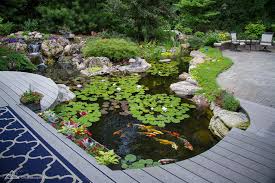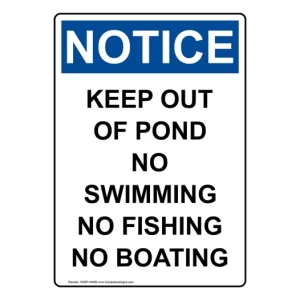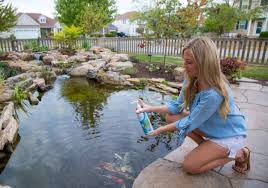

Detention ponds are man-made bodies of water designed to manage stormwater runoff and reduce flooding. These ponds are typically found in HOA’s and on commercial properties. They are created by developers or municipalities as part of a construction project or new community development and oftentimes are located near areas prone to flooding, such as low-lying areas or near construction sites.
Federal laws also require that when a development is 10 acres or greater, a permanent stormwater control must be part of the construction project. Detention ponds are a popular choice due to their ease of installation, but their maintenance is another story. Ponds require regular maintenance to keep them in perfect shape and reduce liabilty risks
Liability risks from negligence or accidents are a crucial aspect of retention pond management that cannot be ignored. Retention ponds, while designed to mitigate stormwater runoff, can pose potential risks to both individuals and the surrounding environment if not properly managed.

One liability risk is the potential for accidents and injuries. If a retention pond is not adequately secured or marked, individuals may accidentally fall into the water and potentially drown. Additionally, if the pond is located near residential or recreational areas, the risk of accidents, such as children or pets falling into the water.
Negligence in maintaining safety features, such as fences or warning signs, can expose the owner or manager of the retention pond to liability claims.
Another liability risk is property damage caused by flooding or other pond problems. If the retention pond fails to function properly due to inadequate management or maintenance, it can result in the overflow of water and flooding of nearby properties. This can lead to extensive property damage and potential lawsuits.
To mitigate these liability risks, it is crucial for retention pond managers to prioritize safety measures and regularly inspect the pond for any signs of damage or deterioration. This includes ensuring proper fencing and signage are in place, as well as maintaining the structural integrity of the pond to prevent potential accidents and flooding.

By addressing the liability risks associated with negligence or accidents, retention pond managers can protect themselves, th e community, and the environment from potential legal issues and harm. It is important to prioritize safety and take proactive measures to minimize liability risks associated with retention pond management. So the big question is, who exactly is responsible for maintaining that detention pond? In this blo g post, we will delve into th e complexities of pond ownership and maintenance, untangling the roles and responsibilities of various parties involved.
Water management districts manage and protect water resources in specific geographic areas. They may have jurisdiction over detention ponds and enforce compliance with federal, state and local regulations. Oftentimes these districts work alongside local government agencies and private property owners to address any serious issues or concerns related to detention pond management.
Detention ponds are required to be maintained by the homeowners association (HOA) or by commercial property owners unless there is a specific agreement for it to be maintained by the municipality. Ergo, it’s important homeowners and communities understand their role in maintaining the retention pond to help ensure it functions properly.
This includes the costs involved, regular inspections and even hiring professionals to maintain the pond including debris removal and addressing any issues that may arise including mechanical failure.
To help out with maintenance, municipalities may pro vide guidance and support to private property owners and HOAs, but again unless there is a specific agreement with the local municipality to maintain the pond, the responsibility is on the HOA and commercial property owners. For help with pond maintenance or Best Management Practices, contact the Stormwater Training Center at 855-787-6987.